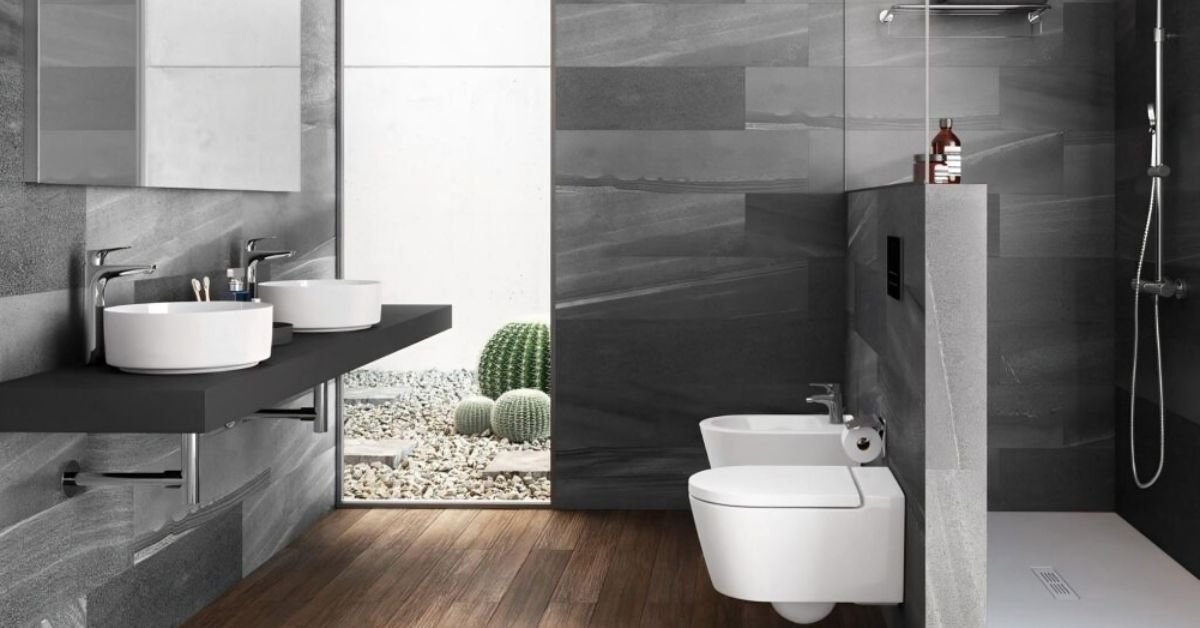1. Adaptive Lighting for Circadian Rhythm Support
Lighting plays a crucial role in regulating the body’s circadian rhythm—the internal clock that governs sleep-wake cycles. AI-driven roomgpt lighting systems can mimic natural light patterns, gradually dimming lights in the evening to signal the body that it’s time to wind down and providing gentle, sunrise-like illumination in the morning to aid wakefulness.
These systems also offer customizable lighting modes to suit individual preferences. Whether you prefer warm, soft lighting for reading before bed or complete darkness for deep sleep, AI ensures the optimal lighting conditions for each phase of your sleep routine.
2. Smart Climate Control
Temperature is another critical factor in achieving restful sleep. Studies show that cooler environments promote deeper sleep, while overly warm conditions can lead to restlessness. AI-powered climate control systems monitor room temperature and humidity in real-time, making adjustments to maintain an ideal sleep environment.
For instance, the system could lower the temperature slightly as you fall asleep and gradually warm the room in the early morning to make waking up more comfortable. These subtle adjustments ensure consistent comfort throughout the night.
3. Noise Management and Soundscapes
Noise can disrupt sleep, but AI systems can help by managing sound levels and creating soothing auditory environments. Smart bedrooms equipped with noise-canceling technology can block out disruptive sounds such as traffic or noisy neighbors.
Additionally, AI can curate personalized soundscapes, like gentle rain or ocean waves, to mask ambient noise and promote relaxation. These sounds are carefully calibrated to lull you into a deeper state of rest and maintain a tranquil atmosphere throughout the night.
4. Air Quality Monitoring and Optimization
Poor air quality can negatively affect sleep by causing discomfort and increasing the likelihood of respiratory issues. AI-driven air purifiers monitor pollutants, allergens, and humidity levels, ensuring that the air in your bedroom remains clean and conducive to restful sleep.
These systems can also adjust ventilation to optimize oxygen levels and reduce carbon dioxide buildup, creating a healthier sleeping environment that supports better breathing and overall well-being.
5. Sleep Tracking and Personalized Insights
Many smart bedrooms include AI-powered sleep tracking systems that analyze your sleep patterns and provide actionable insights. These systems monitor metrics such as heart rate, breathing, and movement, offering detailed reports on sleep quality, duration, and disturbances.
Based on this data, AI can suggest personalized improvements, such as adjusting your bedtime routine, modifying room conditions, or incorporating relaxation techniques. Over time, these insights help you fine-tune your environment and habits to achieve consistently better sleep.
6. Automated Routines for Seamless Transitions
AI systems can automate bedtime and morning routines to create a seamless transition between wakefulness and sleep. For example, as bedtime approaches, the AI might gradually dim the lights, lower the temperature, and play calming music. In the morning, it could gently raise the blinds, brighten the lights, and play an energizing playlist to help you start your day. empireadda.com



